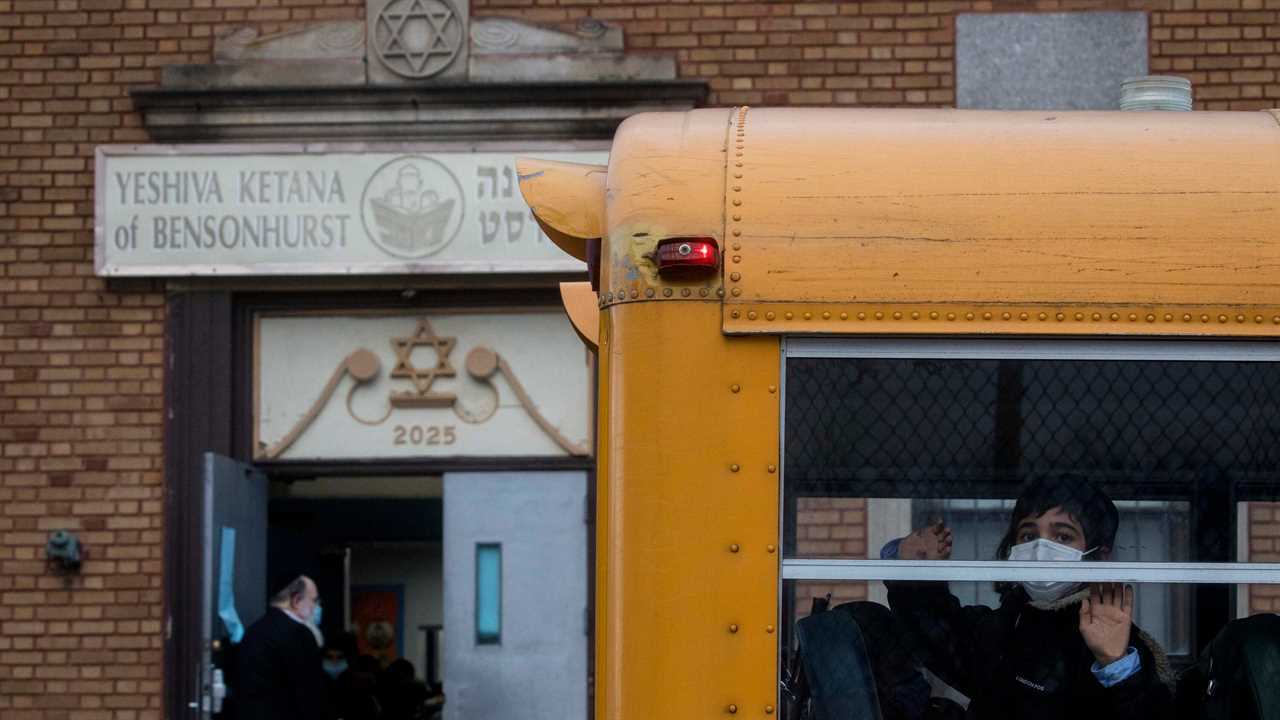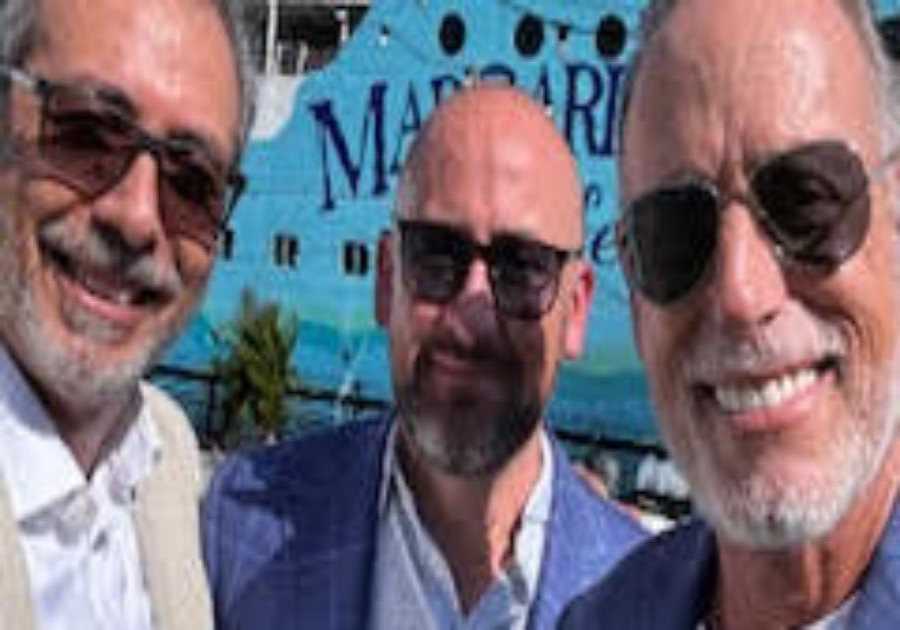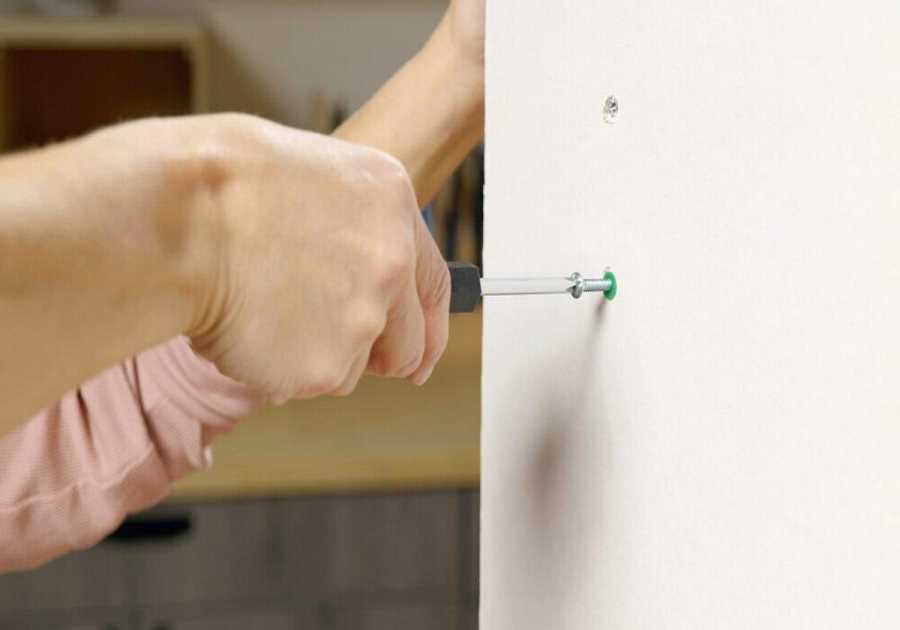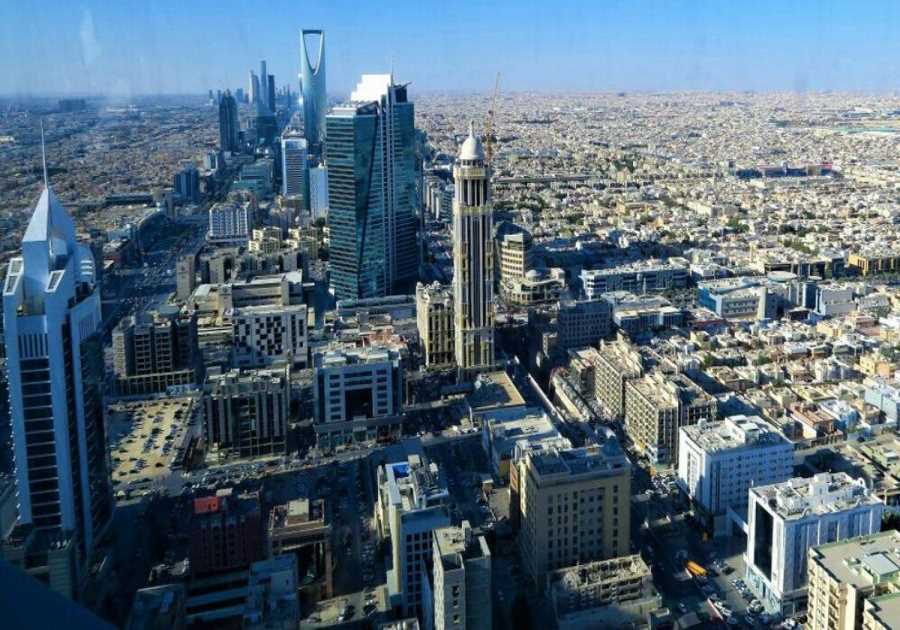
The day before announcing a new vaccine mandate for employees at religious and private schools in New York City, Mayor Bill de Blasio held a call with eight Jewish leaders to brief them on his plans.
The leaders expressed concern about the disruptions that a vaccine requirement could cause at schools and asked for a slower approach, according to two people who were familiar with the call. But the mayor was resolute: The mandate was happening.
Mr. de Blasio’s announcement of the measure last week — the largest effort in the nation to force religious and private schools to adhere to a vaccine mandate — may set the stage for a legal battle, as courts across the country consider challenges to a broad array of mandates to combat the coronavirus.
“This will just lead to another court battle on religious freedom which New York will once again lose,” said Kalman Yeger, a city councilman from Brooklyn who was one of several prominent Jewish leaders to criticize the mandate.
The city will, however, allow religious exemptions to the mandate; city officials said that since they began requiring municipal workers to be vaccinated, about 1,400 religious and medical exemptions have been approved, while 1,700 have been denied.
Other states like California and Washington have issued vaccine mandates for teachers that covered public and private schools; they, too, have permitted personal belief and religious exemptions.
Whether New York City will face a strenuous legal challenge may depend on how it handles exemptions, and how aggressively it enforces the mandate, which affects about 56,000 employees at 930 private schools and takes effect on Dec. 20.
Schools are required to submit records showing compliance by Dec. 28, and the city could fine schools that do not comply, according to a city official who is familiar with the administration’s plans.
With less than a month left in office, Mr. de Blasio, who is contemplating a bid for governor next year, has continued to expand vaccine mandates and warned that more were coming.
“There will be more new initiatives coming to protect people,” the mayor said at a news conference on Thursday as he and Gov. Kathy Hochul announced the first five Omicron cases in the state.
This is not the first time the mayor has confronted religious communities over vaccination requirements. Two years ago, when New York faced its worst measles outbreak in decades, Mr. de Blasio declared a public health emergency in ultra-Orthodox communities in the Brooklyn neighborhood of Williamsburg, requiring unvaccinated individuals to receive the vaccine or risk a fine. City officials also closed a yeshiva preschool for violating vaccination orders.
The city’s actions created a rift in Mr. de Blasio’s relationship with the Orthodox Jewish community; when the mayor sat on the City Council, he represented the Orthodox neighborhood of Borough Park in Brooklyn, and he has courted donors from the Orthodox community.
The Coronavirus Pandemic: Latest Updates
- Thailand reports its first case of the Omicron variant, in a U.S. citizen visiting from Spain.
- Australia’s Parliament closes its doors after a staff member tests positive.
Avi Greenstein, a community leader in Borough Park, said the new mandate “came very much by surprise.” Mr. Greenstein said there were concerns in the community that a city mandate could be misconstrued by the public as “a Jewish issue” and reinforce negative stereotypes about Haredi, or ultra-Orthodox, Jews.
“I am very concerned that, whether intentionally or not, this will cause people to label private schools and especially Orthodox Jewish schools as just being full of anti-vaxxers, which is not the case,” said Mr. Greenstein, a former yeshiva principal. “That is what scares me.”
Simcha Eichenstein, a state assemblyman from Brooklyn and a former aide to Mr. de Blasio who is a prominent member of the Bobov sect, said the mandate was introduced too hastily without community engagement and could backfire. He said there are roughly 100 private schools in his district whose leaders were not included in the mayor’s call.
“This was just not thought out,” he said in an interview. “It was out of the blue.”
Mr. de Blasio spoke on the phone with Cardinal Timothy M. Dolan, the archbishop of New York, ahead of the announcement. His call with Jewish leaders included Rabbi David Zwiebel, the chairman of a group that represents religious and independent school leaders, and Rabbi David Niederman, head of the United Jewish Organizations of Williamsburg.
But John Quaglione, a spokesman for the Brooklyn diocese, said that it learned about the vaccine mandate from news media reports. The text of the order had still not been sent to the diocese by Friday evening, but officials had read it on the mayor’s website, he said.
“There were rumors among school leadership within the nonprofit and religious communities that something was being considered,” he said. “Nothing more than that on our end.”
The Coronavirus Pandemic: Key Things to Know
The Omicron variant. The latest Covid-19 variant was identified on Nov. 25 by scientists in South Africa and has since been detected in at least 45 countries, including the U.S. New York State identified its first cases on Dec. 2, and at least 16 other states have reported infections. Should you be concerned? Here are answers to common questions about Omicron.
Enforcement — and perhaps a legal defense — of the mandate will likely fall to the mayor-elect, Eric Adams, who will take office on Jan. 1 and also has close ties to the Orthodox community. Rabbi Zwiebel, who sent a letter to Mr. de Blasio asking him to reconsider the mandate, is a member of Mr. Adams’s transition team. A spokesman for Mr. Adams declined to comment on the vaccine mandate for private and religious schools.
Last year, the U.S. Supreme Court struck down a coronavirus restriction issued by then-Gov. Andrew M. Cuomo that restricted the size of religious gatherings in specific areas with rising infection rates. The 5-4 decision was in response to a suit brought by the Roman Catholic Diocese of Brooklyn, and was the first in which the court’s newest member, Justice Amy Coney Barrett, played a decisive role.
Legal experts said that courts across the country had made different rulings on vaccine mandates and the Supreme Court could eventually weigh in on religious exemptions. Lawyers representing health care workers in New York, for example, have petitioned the Supreme Court to consider their challenge to the state’s vaccine mandate for health care workers.
Legal challenges against employee vaccine mandates have centered on three main arguments — violating a worker’s individual rights, omitting or rejecting religious exemptions and complaints about a government agency’s authority, said Lindsay F. Wiley, director of Health Law and Policy Program at American University. Along with the New York challenge, a case from Maine could end up before the Supreme Court.
“We’re all watching to see what the Supreme Court will do on the question of whether there is a constitutionally protected right to a religious exemption,” she said.
In California, the state legislature could consider whether to add Covid-19 to the list of diseases requiring vaccination, which some fear could eliminate the personal belief exemption in that state. Dr. Richard Pan, a California state senator and a pediatrician who sponsored earlier legislation to end the personal belief exemption, said the legislature should examine the issue.
“A lot of employers are asking for clarification because these laws weren’t designed for a pandemic,” Dr. Pan said.
In New York, the state’s ban on religious exemptions for school immunizations, issued two years ago during the measles outbreak, was recently affirmed by an appeals court.
David G. Greenfield, executive director of the Met Council, a Jewish nonprofit that focuses on poverty, said he had worked hard to create a vaccine mandate for his nonprofit that workers could get behind. He said that Mr. de Blasio should have worked to foster cooperation instead of issuing a surprise mandate that would be difficult to enforce.
“It doesn’t seem like this was intended to actually get people vaccinated,” he said.
Title: New York Religious Schools Face a Vaccine Mandate. Will They Fight It?
Sourced From: www.nytimes.com/2021/12/06/nyregion/vaccine-mandate-religious-yeshiva.html
Published Date: Mon, 06 Dec 2021 10:00:17 +0000






